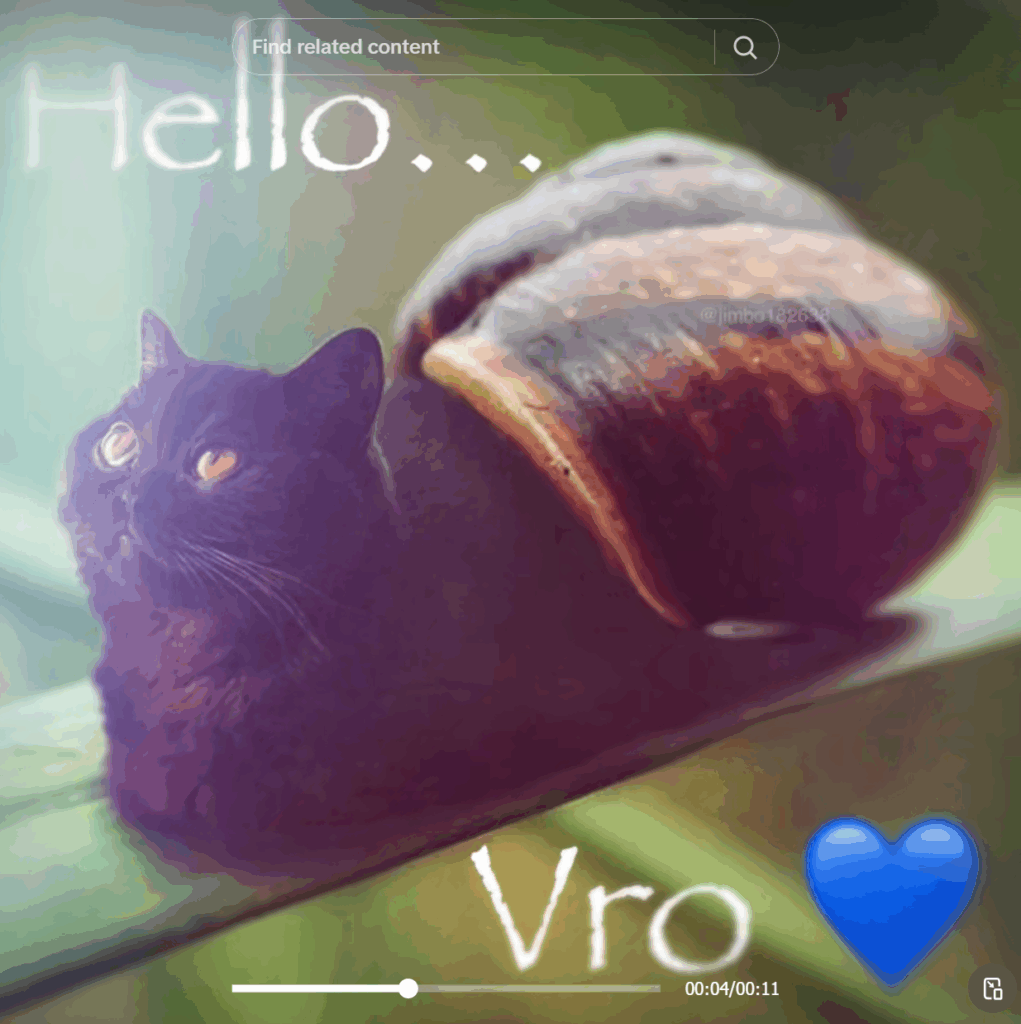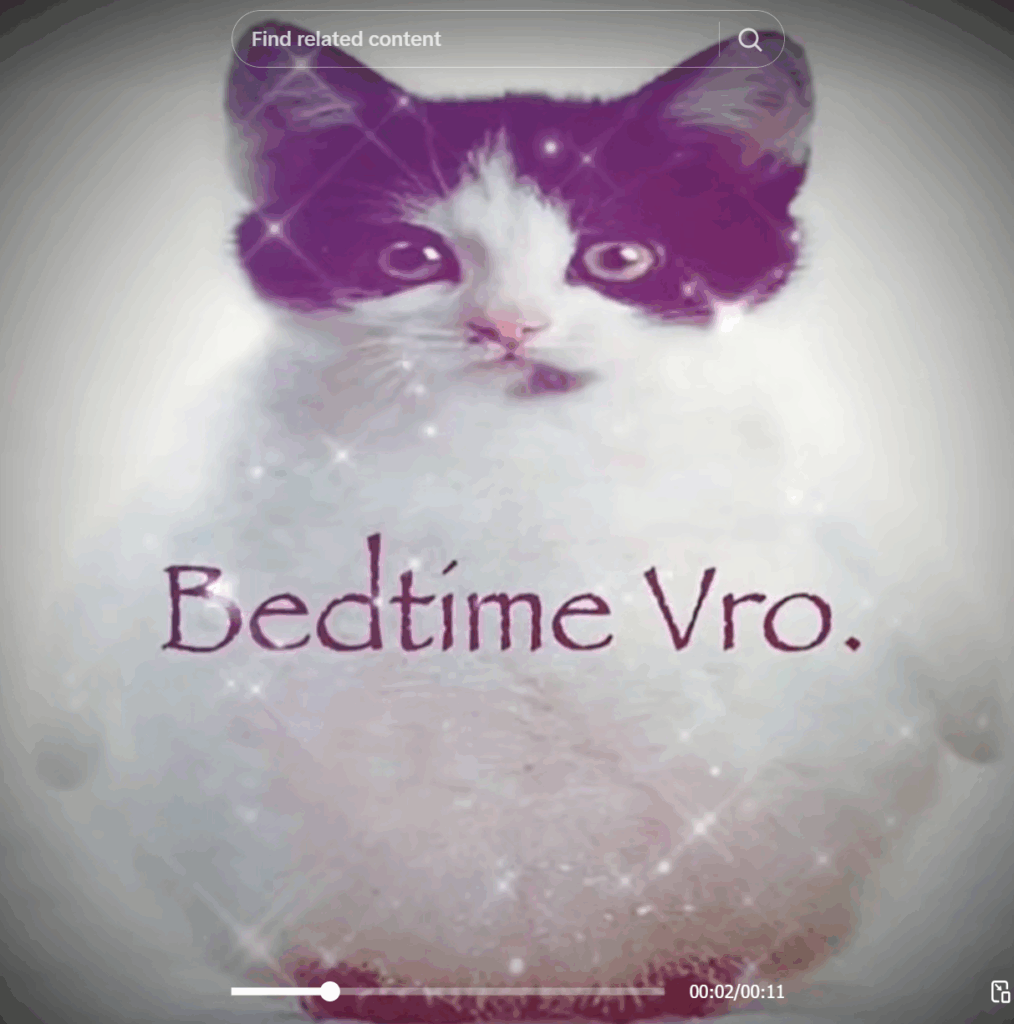The rap term came first
There was a rapper called XXXTentacion from Broward County in South Florida who was popular in 2017 and 2018 (in 2018 he was shot and killed in an apparent mugging, he was only 20). Together with another rapper called Ski Mask the Slump God he founded two music collectives, first a crew called ‘Very Rare’ and later a crew called ‘Members Only’.
XXXTentacion put a track on Soundcloud on 30 December 2015 called Look at me! The lyrics feature the word ‘vro’.
I have not been able to find any instances of ‘vro’ for ‘bro’ online from before that, so it seems that this is where the term originated.
The single became popular in 2017, which is also when we see the first Urban Dictionary definitions pop up.
Does it stand for Very Rare Only?
A few Urban Dictionary entries note that ‘vro’ as used by XXXTentacion stands for ‘Very Rare Only’, which I guess would be a mash-up of the name of the first crew ‘Very Rare’ and the second crew ‘Members Only’. I have not been able to find any direct evidence that XXXTentacion had this acronym in mind when he came up with the word, but it sounds likely.
A genius lyrics annotation describes the term like this:
“Vro” is slang for both “bro” and “Very Rare Only,” indicating Members Only, a collaborative that X is in. X might be using the word “vro” as the word bro but replacing the “b” with a “v” to indicate that he is part of “Members Only” like the way Bloods replace the “C” in the beginning of words with a “B,” in order to disrespect the Crips.
How is it pronounced?
It’s pronounced with the ‘v’ sound.
Members Only brought out an album called XXXTENTACION Presents: Members Only, Vol. 3 on 26 June 2017. The album features the word ‘vro’ several times, especially in the below song ‘Wassup Bro!’, the lyrics of which start like this:
Ayy, ayy, say wassup, huh, say wassup
Ayy, say wassup (Say, say wassup)
Ayy, wait, say wassup, say wassup
Wait, ayy, wait, ayy, ayy, wait, wait
[Chorus]
Wassup vro, wassup vro, wassup vro, wassup vro
Wassup vro, wassup vro, wassup vro, wassup vro
Wassup vro, wassup vro
Wassup vro, wassup vro
Wassup vro, wassup vro, wassup vro, wassup vro
Wassup vro, wassup vro, wassup vro, wassup vro
Wassup vro, wassup vro
Wassup vro, wassup vro, wait, wait
You can listen to it here:
The idea of it being a gender-neutral form of ‘bro’ came second
In 2019*, streamer Jake Chams claimed that he had made a typo in ‘bro’, writing it as ‘vro’, and when people asked about it, he said it was a gender-neutral form of ‘bro’.
Clearly, the rap origin story above came first.
*The video below dates from 2019, I have no way of telling when the stream aired that it was recorded from, but I’m assuming not much earlier. The Urban Dictionary entry with this definition also stems from 2019. (The Urban Dictionary entry was entered by the same person who posted the below video, which makes me suspect high-jinks, but at the same time it has a reasonable number of upvotes, so I think it is legit that quite a few people know or at least like this definition.)
Then came the ‘Hello Vro’ meme
The story is not yet done.
From late 2023 a meme became popular on Twitter and TikTok that featured cutesy animals and some line of text that included the words ‘bro’ and/ or ‘vro’. The excellent website KnowYourMeme has written an excellent overview, so I don’t have to.


The depressing truth is that the term ‘vro’ is probably well-known and much-used now because of the memes, not because of any rapper or streamer.
Spanish has nothing to do with it
In Spanish, the /v/ can sound just like a /b/, which is why Spanish speakers speaking English might say what sounds like ‘berry’ instead of ‘very’.
When I first heard ‘vro’, I thought perhaps it was from the Spanish-speaking community, writing ‘bro’ like ‘vro’ as a joke, because to them it sounds the same.
(I would compare it to Spanish speakers writing ‘jajaja’ in English instead of ‘hahaha’, because the j sounds like an h to them. (Though ‘jajaja’ is the correct Spanish spelling, and ‘vro’ is not, so the comparison doesn’t quite work))
Anyway, as you will know if you read all that came before this, the Spanish language has nothing to do with it; I just thought I’d mention it, though, in case anyone else has the same idea 🙂

Heddwen Newton is an English teacher and translator. She is fascinated by contemporary English and the way English changes. Her newsletter is English in Progress. More than 2300 subscribers and growing every day!

first heard this term a lot in like 2020 from an online friend who’s from Argentina and also knows that i also know Spanish. i had the same idea you mention at the end pretty much